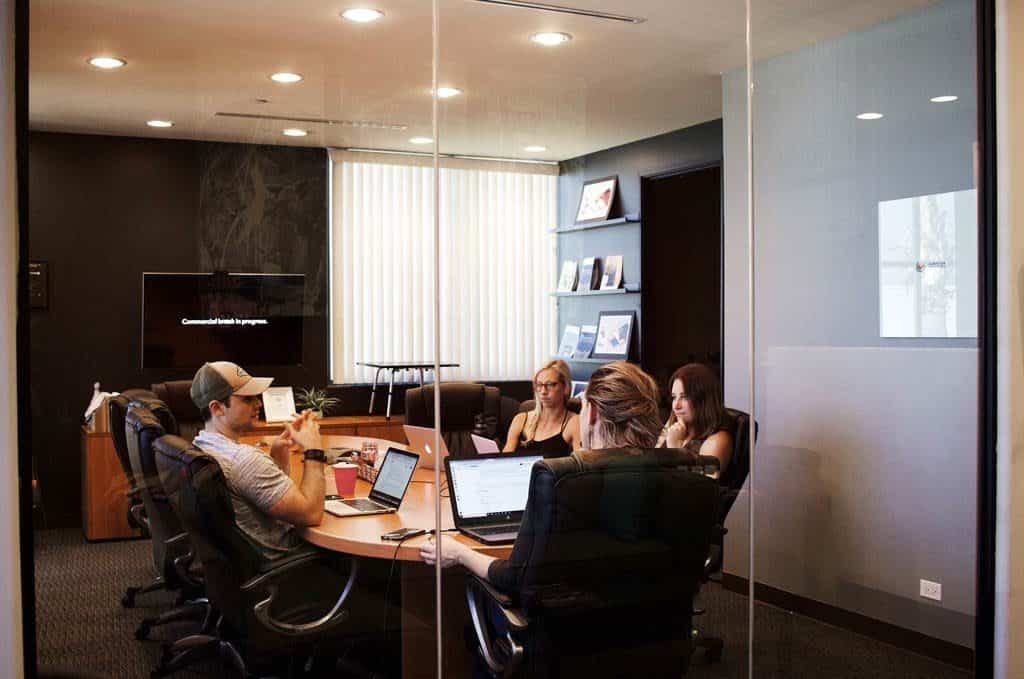AIB Ireland Business Activity Insight Report shows hiring expectations are lowest since 2012 across manufacturing and services sectors
Optimism among Irish companies is the weakest in almost eight years according to the latest AIB Ireland Business Activity Insight Report, with sentiment around profits, employment and investment lower than reported in October 2018 as uncertainty around Brexit continues.
Weaker expectations for business activity are set to weigh on Irish businesses’ ability to maintain profitability in 2019, with 17% of Irish businesses surveyed expecting profits to increase over the next 12 months – the lowest level since June 2011. Further impacting profits, 35% of Irish businesses expect non-staff costs to rise well above global averages, with only companies in Brazil expecting a stronger increase in non-staff costs.
Additionally, 18% of firms say they will continue with their staff increases as a result of Brexit, the lowest net balance since June 2012. Of those expecting to continue with their hiring plans, many feel their ability to recruit skilled labour will be hampered.
Brexit planning
Despite the growing uncertainly among Irish businesses, only 54% have done ‘some investigating’ into planning for Brexit. Still, only 16% of Irish manufacturing & services companies have a written Brexit plan in place despite the looming deadline. However, the results also reveal that Irish businesses have prepared to a similar extent to counterparts in the United Kingdom and more than those in Germany.
Speaking about the results of the survey, Catherine Moroney, Head of Business Banking at AIB said,
The business activity survey was conducted during a period of intensified uncertainty due to Brexit, and although sentiment overall is lower than October 2018, it is still in positive territory. Expectations around the performance of the Irish economy, which will lead to increased staffing requirements and capital investment, are supporting positive sentiment.
She continued, “Whereas cost inflation, lower profits and lack of clarity regarding the impact of Brexit and global trade wars means businesses are more cautious on outlook.
“In this survey we see the composite business sentiment drop sharply for ‘profits’ outlook (+33 to +17) and ‘price’ outlook (+44 to +29), demonstrating companies’ real concern about what may materialise and impact their business. ‘Brexit impact on suppliers’ was a verbatim concern from a Manufacturing business and increased exchange rate volatility was another concern cited.
“Notwithstanding these potential headwinds, Irish businesses are still more optimistic than their European counterparts and positive overall in their outlook.”


